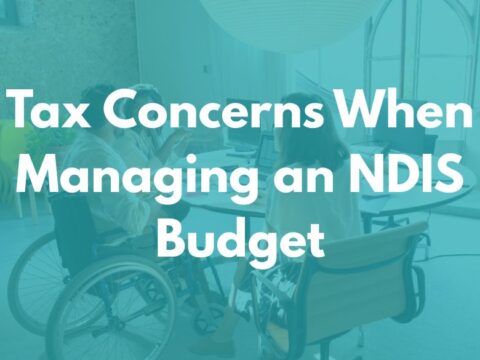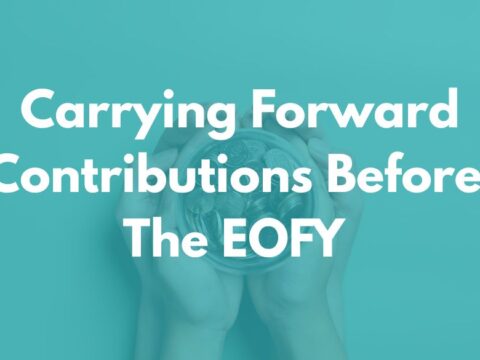Proactive Tax Planning Starts With You
As the end of the financial year (EOFY) approaches, now is the perfect time to check in with your accountant and make sure your finances are in good shape before 30 June.
A proactive tax planning conversation can help reduce your tax liability, boost your business’s financial efficiency, and set you up for success in the new financial year.
Here are some key items to consider discussing:
1. Reviewing Income and Timing
If your income is unusually high or low this year, timing your invoicing can make a difference. Deferring income (where appropriate) or bringing forward expenses might help smooth your taxable income across financial years.
2. Bringing Forward Tax-Deductible Expenses
If you have the cash flow, consider paying for things like rent, insurance, marketing, or subscriptions before 30 June. Prepaying eligible expenses up to 12 months in advance may allow you to claim a tax deduction this year – make sure to speak with your accountant before doing so though to check that eligibility.
3. Superannuation Contributions
Making personal or employer superannuation contributions before EOFY can be a smart tax strategy:
- Ensure your employer contributions are up to date.
- Consider additional concessional contributions (up to the cap).
- Don’t forget to allow time for the funds to clear before 30 June.
You might also explore carry-forward contributions if you haven’t used your full cap in the past few years.
4. Instant Asset Write-Off and Depreciation
Check whether your business is eligible to immediately write off the cost of assets. The threshold and rules can change, so it’s important to clarify what applies this year. If you’ve been thinking about purchasing equipment, now might be the time.
5. Bad Debts and Stock Write-Offs
EOFY is the time to clean up your books. Write off any unrecoverable debts and review your inventory. Obsolete or damaged stock can be written down or removed to reflect its real value, potentially reducing your taxable income.
6. Reviewing Business Structure and Profit Allocation
If you operate through a company, trust, or partnership, review how profits are being distributed. Allocating income to lower-taxed beneficiaries or reinvesting profits might offer tax efficiencies, depending on your structure.
7. Maximising Deductions and Offsets
Your accountant can help identify overlooked deductions such as:
- Motor vehicle expenses
- Work-related training
- Home office costs
- Small business tax offset eligibility
EOFY tax planning isn’t just about reducing tax; it’s about ensuring your business runs efficiently and makes the most of available strategies. A little planning now can result in real savings and smoother reporting when it’s time to lodge your return.
Need help working through your tax planning options? Contact your tax adviser – we’re here to help you finish the financial year strong.
IMPORTANT NOTICE
This blog post contains general information only and has been prepared by Allworths without reference to your objectives, financial situation or needs. Allworths cannot guarantee the accuracy, completeness or timeliness of the information contained here. By making this information available to you, we are not providing professional advice or recommendations. Before acting on any of the information contained here, you should seek professional advice.




